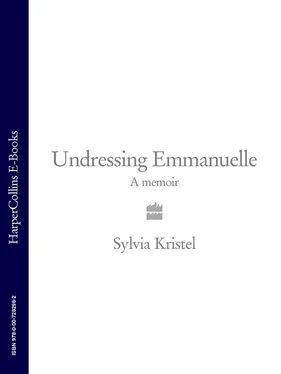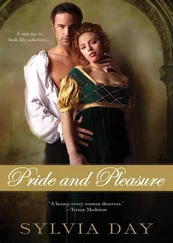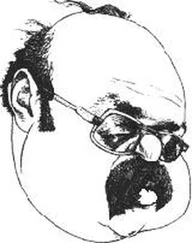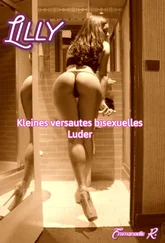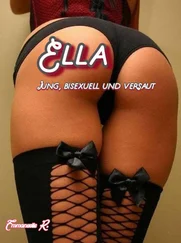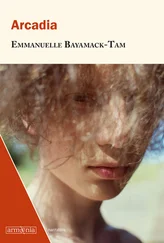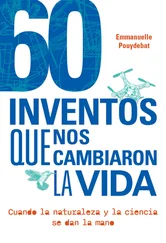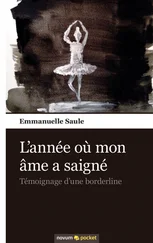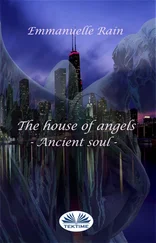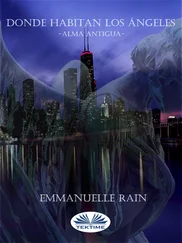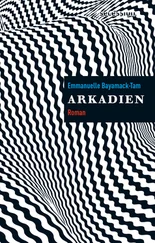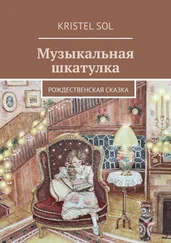When out hunting he would fire his gun often, right next to his ears, shooting rebelliously in the air out of a taste for loud noises. By middle age he was almost deaf, which suited him. The voices of the women, the cries and screaming of the children, these signs of life slowly disappeared, growing fainter like an echo, vanishing into his silence and leaving him in his chosen solitude.
My father had not been a child. He was sent to boarding school at four years old. I imagine him as a brave little chap, clever, forced to act grown up, to make his bed without creases, not to cry at an age when that’s all you can do. He grew up alone, with no protection, never carefree. He discovered desire before love, and alcohol first of all.
My father drank, hunted, loved the sea, sport, flesh and chess. In Dutch chess is called schaken , which also refers to the abduction of a sweet young girl by a nasty man.
Perhaps my father thought he was nasty, but he wasn’t. Just broken and mostly absent.
In his attic he makes chess figurines. There are hundreds of them, arranged according to size and by category: queens, castles, pawns, bishops. The best ones in front, the flawed hidden behind. There’s no end to this manic creativity, or to my father’s obsession with this game, this strategic battle, this checkmate.
Sometimes when I’m bored I go up there to see him, daring to enter. He stops his machine and sits motionless, looking at me. I smile at him, feeling like his prettiest figurine. He points out his new creations then quickly starts work again, and I clear off to escape the racket.
My father was Catholic, the son of a hotel-owner and a musician. My grandfather ran an orchestra, and once brought back with him from a trip to Switzerland a strange, unique instrument that made the sound of a fairy tale: a xylophone. It drew people from all around.
My mother came from a humble peasant background, she was a Calvinist and very beautiful. She was brought up strictly by her widowed mother, to an extremely harsh religious code. Fear of divine punishment replaced a father’s discipline.
I remember my mother when she was young; she was fluid as a bohemian dancer, charming and stylish as a movie star. My parents met at a ball. They danced together for a long time, floating, dazzled. My father loved women, and beauty; he loved my mother from that first dance.
Mum loved dancing, it was her element. Her other loves were dressmaking, work and my father. She wasn’t very religious. Marriage gave her an escape from religious excess and the fear of God. She preferred profane to divine love, and converted to Catholicism out of faith in my father. My mother didn’t go to Mass, but made us keep that weekly ritual in her place.
I loved this Sunday outing. At the end of the ceremony I would smile angelically and sidle up to the collection plates to pinch the money I sometimes found there. I would shake the collection boxes and force open their ridiculous little lids, then take my sister to the movies to watch Laurel and Hardy. Much more fun.
12
Once she was a wife and mother – just a few years after that first ball – my mother stopped dancing. She worked. My mother no longer did the thing she loved. She became obsessed by the beneficial effects of hard toil, austere as a matter of duty, irritable, often sad as she witnessed my father’s slow flight.
She concentrated on her daily tasks, on the hotel and her children. She concerned herself with our homework, our health, our cleanliness and the perfect ironing of our clothes, which she often made – with some skill – herself. My mother was unable to express her affection other than through faultless material care. We were scattered around so as not to disturb hotel business. I was often in my bedroom, Marianne with our neighbours – kind, cigar-selling shopkeepers – and my brother wherever he pleased. He was the family’s little man; he called the shots.
People say they miss the deceased. I missed my father and my mother when they were still fully alive. They travelled through my childhood in the same way they moved around the hotel: my mother industrious, hurried, hidden; my father drunk, flamboyant, alone.
Конец ознакомительного фрагмента.
Текст предоставлен ООО «ЛитРес».
Прочитайте эту книгу целиком, купив полную легальную версию на ЛитРес.
Безопасно оплатить книгу можно банковской картой Visa, MasterCard, Maestro, со счета мобильного телефона, с платежного терминала, в салоне МТС или Связной, через PayPal, WebMoney, Яндекс.Деньги, QIWI Кошелек, бонусными картами или другим удобным Вам способом.
